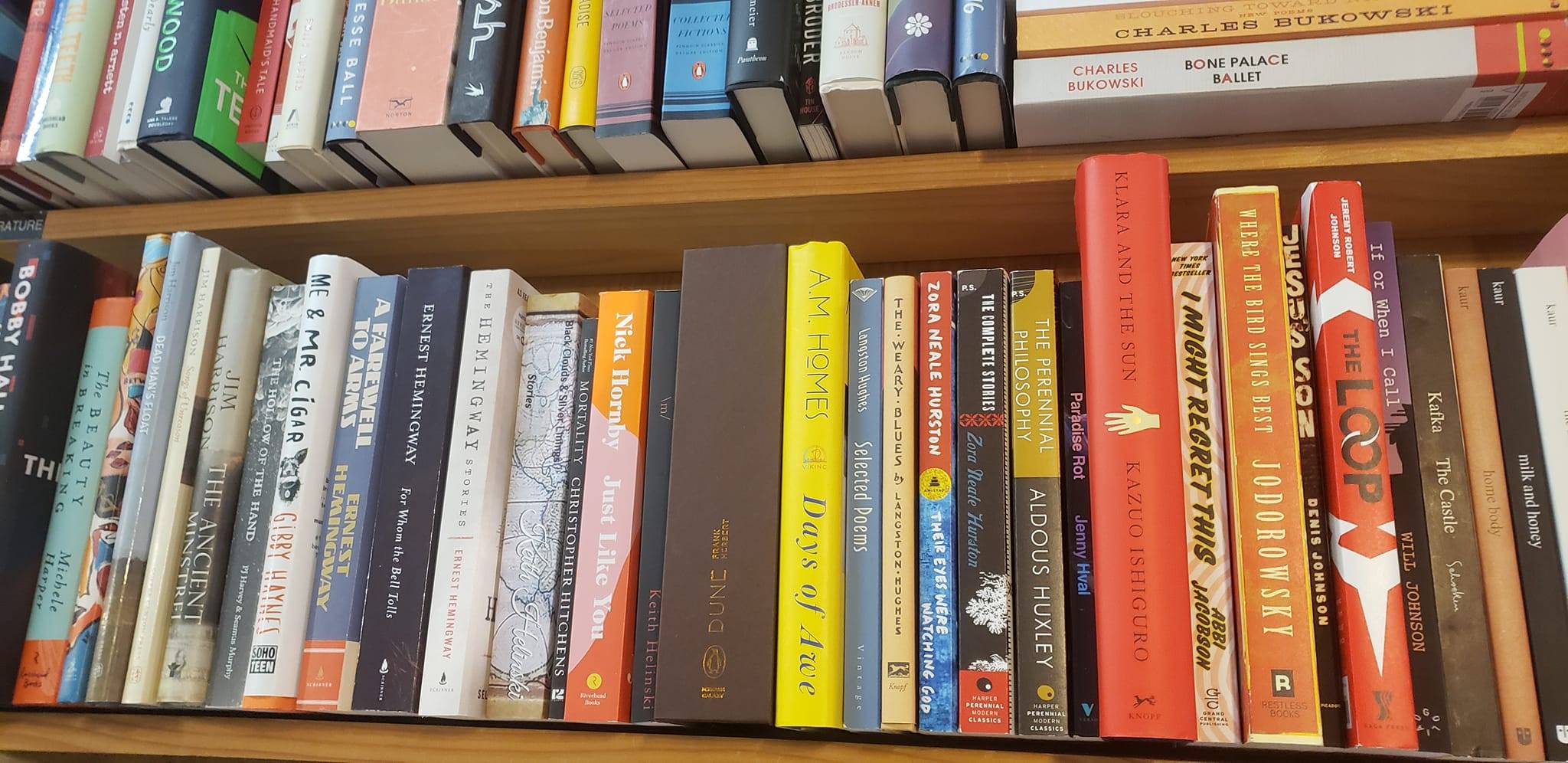‘The Fault in Our Stars’ is a sad and beautiful love story of a teen movie, that is honest. It’s almost as if Nicholas Sparks (whom is known for writing love stories with a sad clause attached to it) and John Hughes (whom was the maestro of the teen movie genre) got together and came up with the ultimate tear-jerker premise: two teens with cancer, falls in love. Despite the cliches and forced indie rock soundtrack (ugh), the movie is really good - mainly because the story is really good. I am almost tempted to pick up the book.
What makes it an unique story in its cluttered genre is that it is honest with where it leads to. The inevitable tragedy of cancer does reach its sad climax, and yes - sniffles are promised in the process (like life itself), but it almost reminds me of how the show 'Six Feet Under’ ended: life goes on beyond the sentimental sympathy card. Each person has a beginning, middle, and end. Some are shorter than others - but the story within the story will continue. And that’s why I really admired the story of 'The Fault in Our Stars.’ The story is focused on these two young teens, but there is a whole lot more within the story, that makes everything seem a lot more meaningful (like life itself).
I am disappointed to find out that the book the movie makes references to throughout, 'An Imperial Affliction,’ doesn’t exist. That’s a book I would love to read. Most of the references to this fictitious book mentions how the book ends mid-sentence. There are in fact a handful of books that exist, in which ends mid-sentence. But the references this movie makes about this non-existent book, is an analogy to how when a person dies, it’s almost as if they end a book mid-sentence without a proper conclusion. Sad, but quite true.
